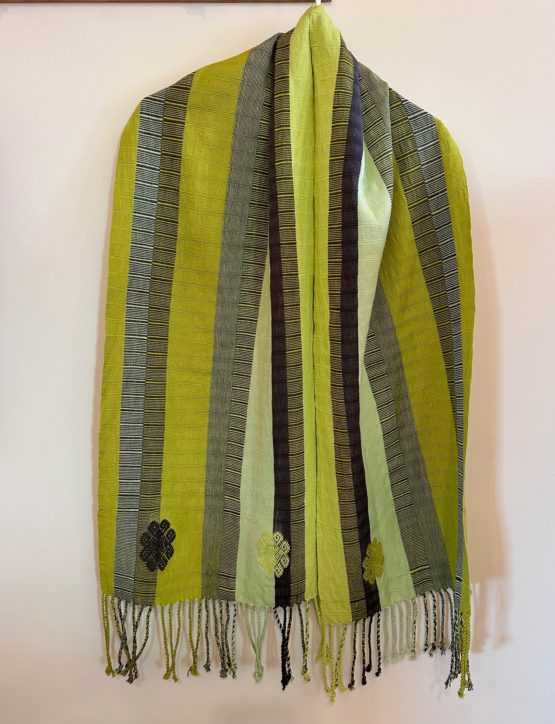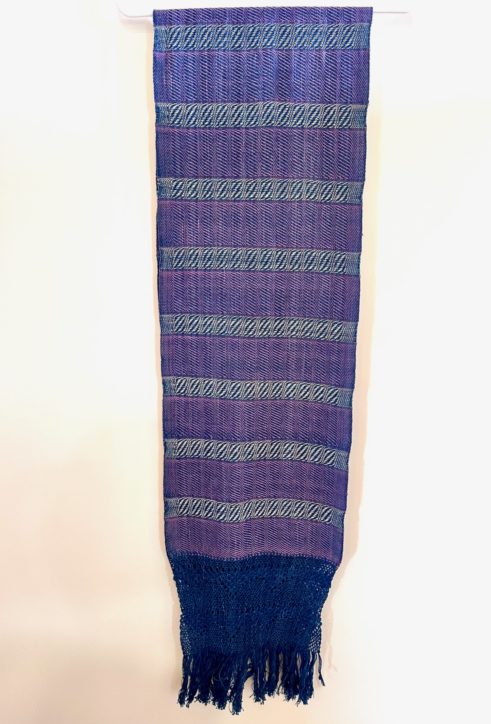I grew up in Tinseltown. My memory is imprinted with pink, blue and white flocked Christmas trees for sale on pop-up corner lots along Ventura Boulevard in the San Fernando Valley of Los Angeles. Glitter was not only reserved for Hollywood. Garlands of sparkling silver ropes and plastic poinsettias could make any California dream of snowmen come true even in sunny December.
Little did we know that poinsettias, called nochebuena here, are native to Mexico, bloom in November and December, have become the North American symbol for Christmas. They are all over town.
Welcome to Tlacolula, Oaxaca, Mexico, where traditional Mexican Christmas decorations of moss and bromeliads mingle with shiny stars, dangling bulbs, plastic farm animals and colored Christmas trees — a cross-cultural holiday morphing that points to the immigration back and forth across the border (sorry, Donald Trump). And it’s sunny here, too. Sometimes downright hot in December.
Evoking Frida Kahlo: Making Memory Altars and Shrines, February 25-28, 2016
So many of Mexican parentage are United States of American citizens and they come home to visit family this season. We can debate the impact of change and commercialism on the culture of indigenous Mexico and what the word authentic means. People come back together after being separated and that in itself is good news.
(Don’t forget, Donald Trump, that Mexicans have lived in the United States for over 400 years, and that the southwest was stolen from Mexico in a trumped up war to gain territory.)
Poinsettias that are planted in tierra firma bloom here every holiday season — a natural part of the environment. So, there’s no excuse for fake here, although I see plenty of imported from China nochebuena flowers sticking out of vases on restaurant tabletops.
Those who can afford it will have turkey — pavo, guajolote — on their Christmas table. This will usually be dressed with mole negro or mole amarillo, depending on family tradition. There were plenty of live turkeys for sale on this Tlacolula market day, the last one before Christmas. The ladies were vying for customers.
I could hardly get through the crowds, even at my usual 10:30 a.m. arrival time when typically there are fewer people. The crowds don’t usually come until after noon. But, the aisles were jammed with vendors, either stationary at tables or sitting on mats, or trying to move rolling carts from one spot to another.
Couple this with families out shopping for Christmas gifts and visitors from the city and you can imagine the skill required to negotiate the camino without tripping over someone or getting stepped on.
What I noticed most were a different variety of displays this time of year destined to become gifts: day-glow socks, lacy underwear, art work, fleecy hats, piles of oranges, embroidered little girl dresses and fancy tennis shoes.

Mamay fruit also known as Zapote Chico
Plus, lots of fireworks for sale. Pyrotechnics are a big deal here and kids love shooting off firecrackers and spinners. Are they regulated? Heck, no.
The line out in front of the money exchange was a block long all day long. People were waiting to collect the remittance dollar being sent from the U.S.A. by family members who are there working for the benefit of those at home. Since the exchange rate is now over 17 MXN pesos to the dollar, this is a Christmas bonus for many in the Tlacolula Valley.

 Notice the Michigan Black Beans sign above. Wonder who picked them?
Notice the Michigan Black Beans sign above. Wonder who picked them?
Tourists love it, too. This is an especially good time to go shopping in Mexico. I noticed the market had more than its share of gringo travelers. Let’s hope they left with some treasures and left their pesos behind.
I am waiting for my family to arrive this week for holiday celebrations. We are going on a Collectivo 1050 Degrados tour to Atzompa tomorrow, a mezcal tour next week, maybe a visit to Hierve el Agua and a stop in Mitla on the way back. It’ll be busy, but I’ll try to keep up with Oaxaca comings and goings.


























6 responses to “Tlacolula Market Christmas Preview: Oaxaca Glitters”